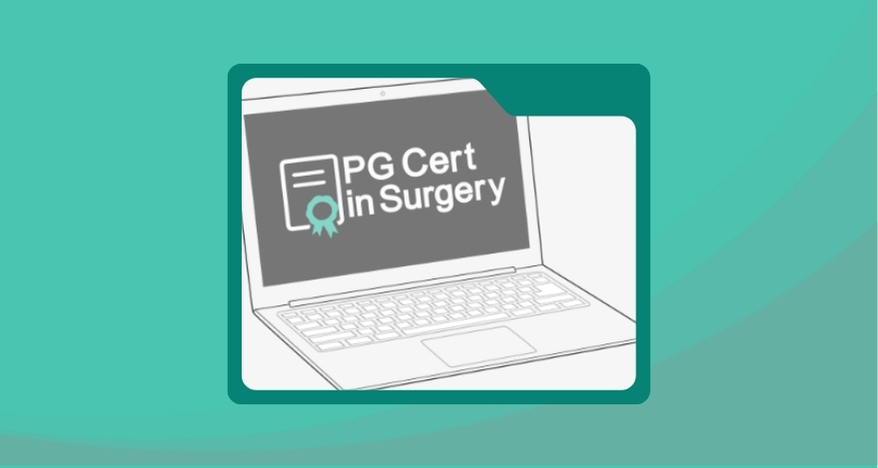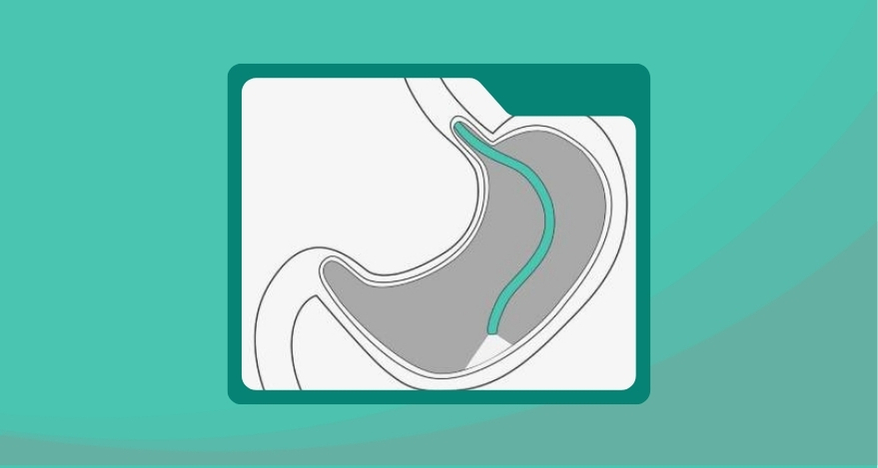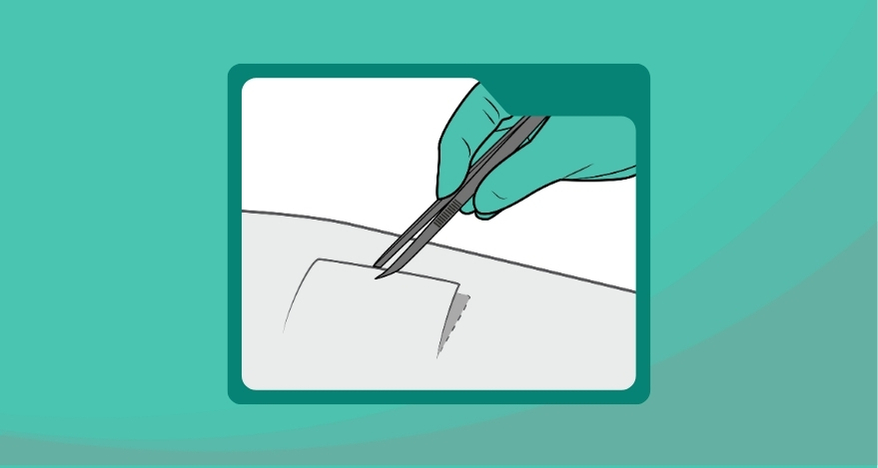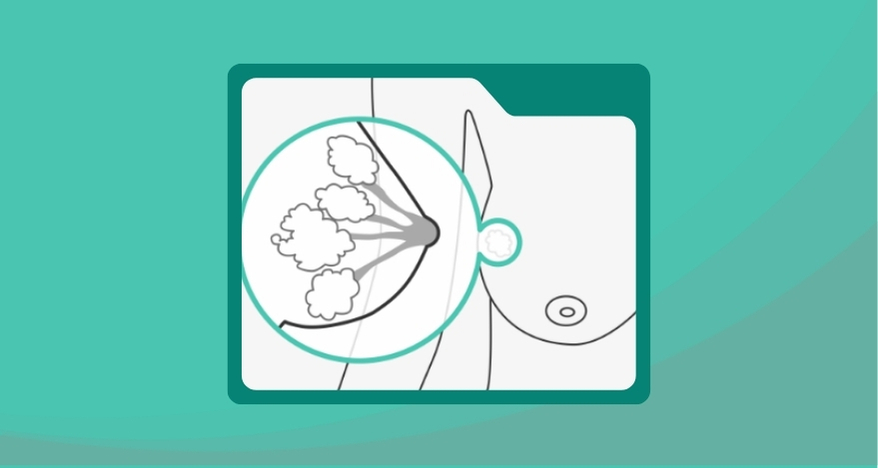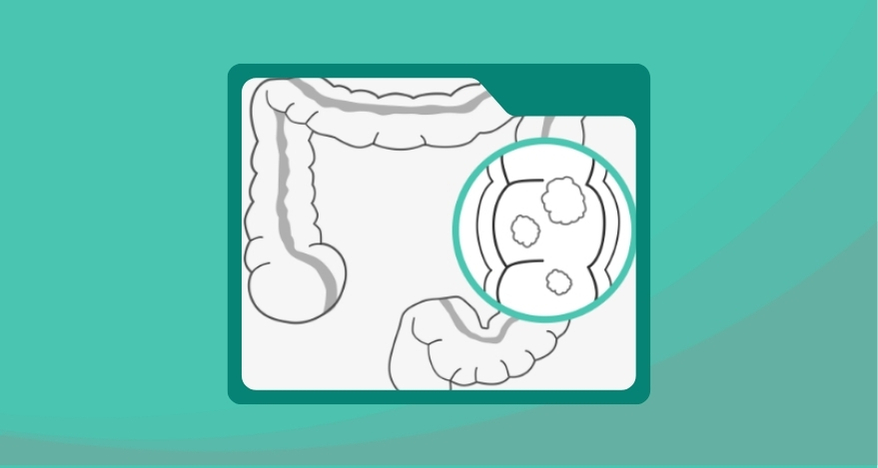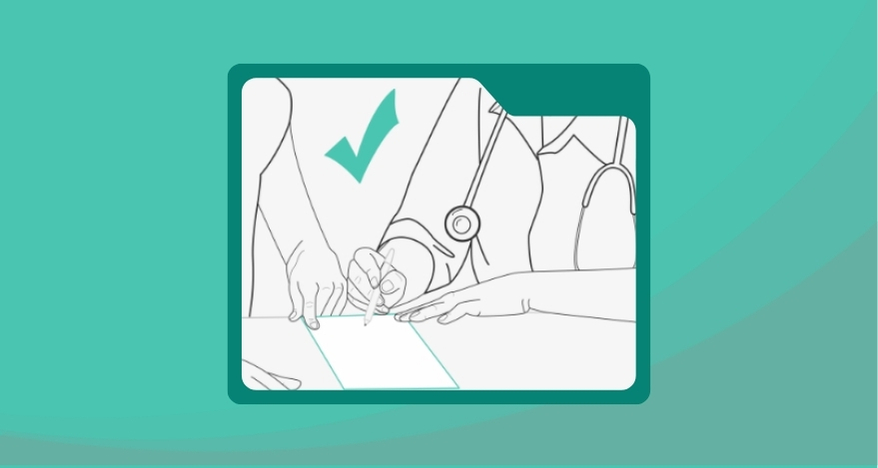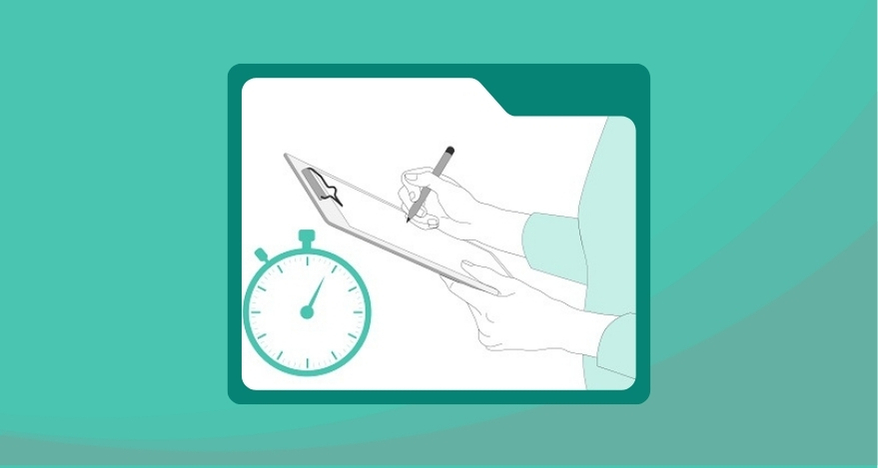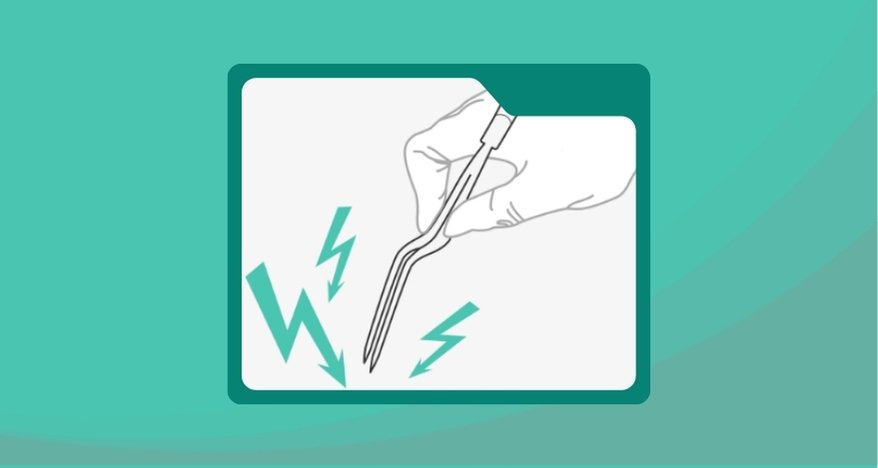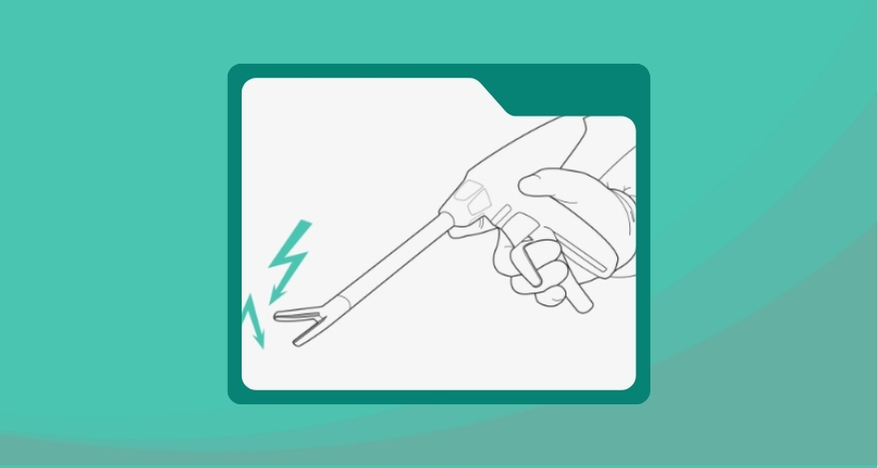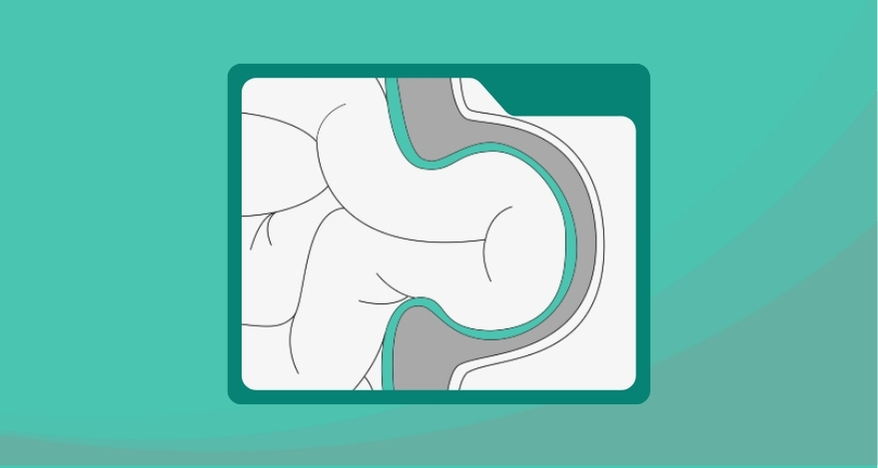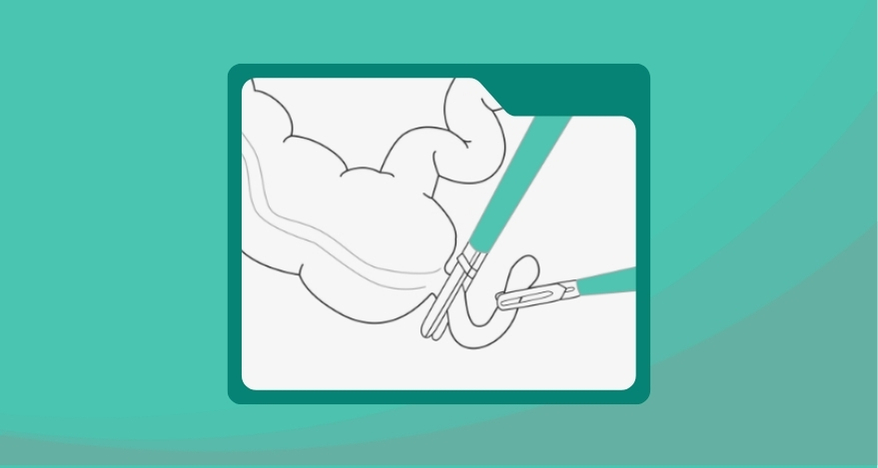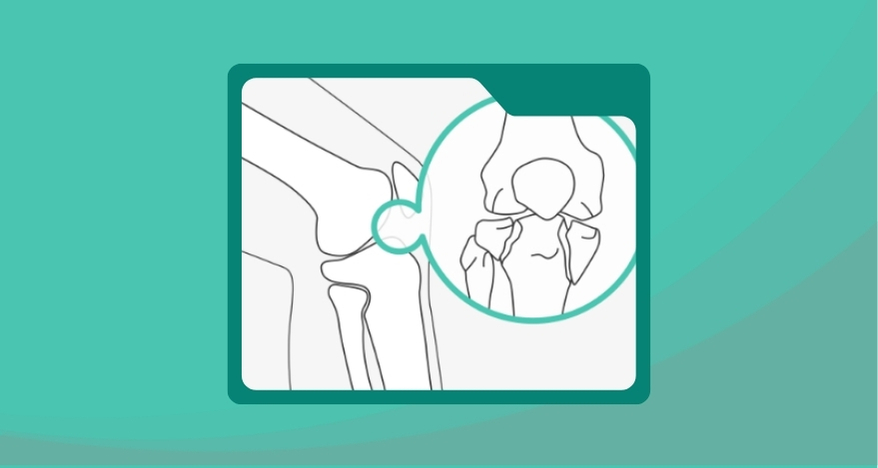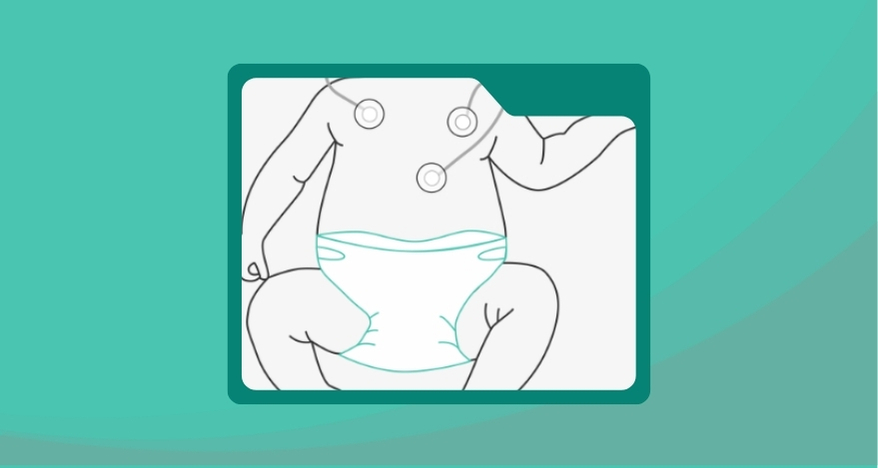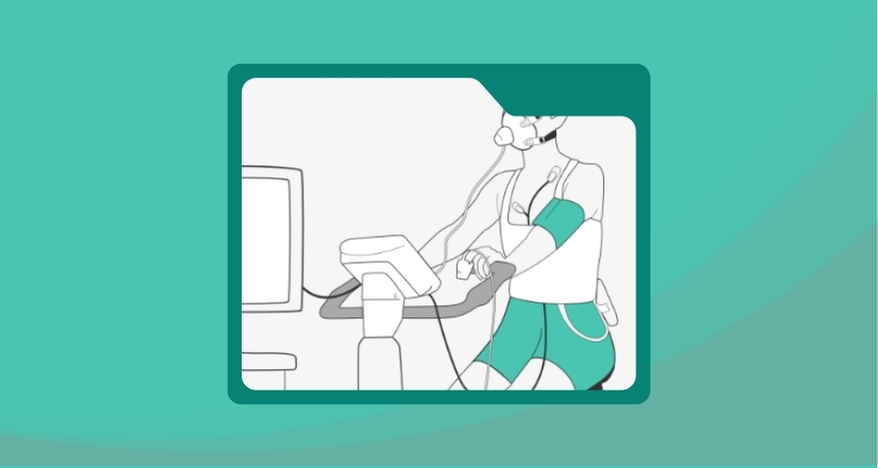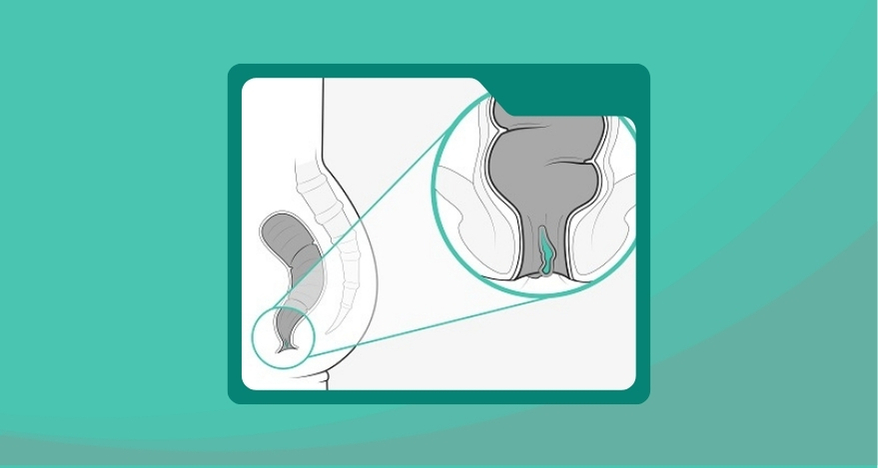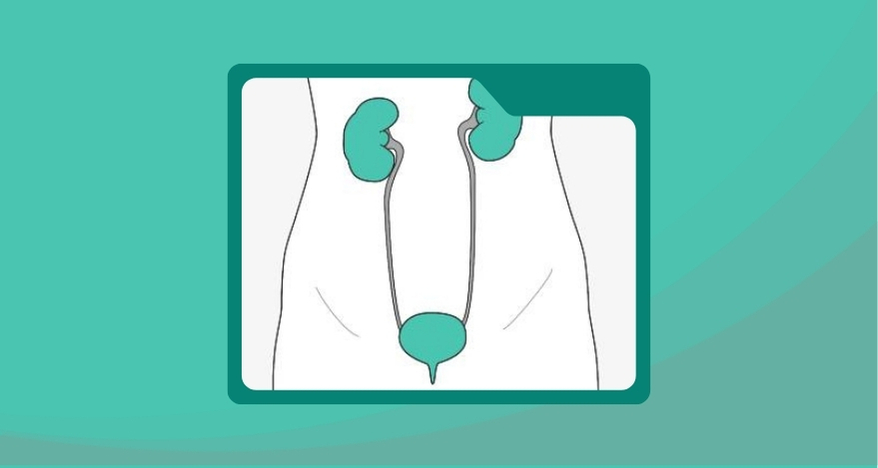Available courses
Number of topics: 5
This module is only for students enrolled on the full Post Graduate Certificate in surgery. Students have access to it for 2 years and, when complete, it is worth six PG Cert credits. It contains links to Elsevier Surgery Journal eBooks, six MCQs (students need to pass two of them) and three anatomy videos.
Number of topics: 8
This module provides an overview of the anatomical features of the upper GI tract, as well as an examination of some common benign upper GI pathologies.
The following topics will be covered in this module:
- Anatomy
- Achalasia
- GORD
- Gallbladder disease
- Common surgical emergencies
Number of topics: 11
This module consists of seven sessions designed to cover key aspects of plastic and reconstructive surgery, including skin pathophysiology, reconstructive techniques, split-thickness skin grafts, free tissue transfer, burns physiology and assessment, burns management, and skin cancer.
Number of topics: 4
This module parallels the patient journey from GP referral to the one stop Breast Clinic, through to diagnosis, surgery, adjuvant treatment, surveillance and ultimately discharge back to the community and brings junior trainees up to date with current trends in breast surgery and controversies.
It covers the following topics:
- Population breast screening and high risk groups
- Triple assessment and breast clinic
- Benign breast disease
- Breast cancer and adjuvant therapies
- Breast cancer and the operating theatre
- Breast reconstruction
Number of topics: 8
The module will focus on the clinical presentation, investigations, underlying pathological processes and management of colorectal cancer. A further section on the presentation, relevant anatomy and management of perianal disorders is also included.
You will cover topics including:
- Colorectal cancer
- Principles of endoscopy
- Principles of GI anastomosis
- Relevant surgical anatomy for colonic resections
- Technical information about creating a pneumoperitoneum for laparoscopic surgery
Number of topics: 10
The Consent and Ethics module looks at issues that are found in everyday practice. Students will have an understanding of the meaning and importance of 'competence' and 'consent' and appreciate how consent issues differ due to patient factors.
This module will cover:
- Principles of patient autonomy
- Assessment of capacity
- Informed consent
- Consent and Minors
- Patients who lack capacity
- Patients detained under the mental health act
- Jehovah's Witnesses
- Euthanasia
Number of topics: 12
This module explores key aspects of day surgery and relevant care pathways. It includes an overview of day surgery principles, and then goes on to look in more detail at aspects such as preoperative care, postoperative care and enhanced recovery programmes.
Number of topics: 4
This module will help trainees to understand how electrosurgery and harmonics are used in the operating theatre to achieve haemostasis and assist dissection. The module will assist the trainee in making surgery safer for the patient and more efficient for the surgeon.
You will cover topics including:
Electrosurgery and Ultrasonics:
- Basic principles
- Surgical techniques
- Applications
- Hazards and pitfalls
Electrosurgery:
- Patient plates
- Complications and safe practice
- Considerations in minimally invasive surgery
- Vessel Sealing
Number of topics: 4
This module builds upon the themes and principles introduced in the first Energy in Surgery package. It aims to assist trainees in appreciating the roles and risks of electrosurgical devices in the operating theatre via a discussion of recent developments in technology and technique.
Number of topics: 8
This module considers the anatomical features and surgical approaches to a variety of common abdominal hernias. Beginning with a general discussion surrounding mesh placement and the impact of hernia repair to the NHS, the module progresses through sessions on ventral, groin and incisional hernias. Participants will gain insight into the key distinctions and considerations present in both open and laparoscopic hernia repair, and awareness of how patients presenting with hernias are assessed.
You will cover topics including:
- Introduction to hernia
- Ventral hernia
- Groin hernia (including anatomy of the groin, inguinal and femoral hernias with approaches to repairing)
- Incisional hernia
Number of topics: 3
This module provides an ideal foundation for any surgical trainees that intend to employ laparoscopic surgical techniques in their future surgical practice.
Topics include:
- Applications for laparoscopic surgery
- The operating room in laparoscopic surgery
- Laparoscopic equipment
- Laparoscopy for the patient
- Techniques in laparoscopy
- Complications of laparoscopy
- Developing a minimally invasive surgery service
Number of topics: 7
This module allows those with little or no knowledge of orthopaedic surgery to be introduced to all the important topics, while simultaneously allowing those who have already been exposed or wish to know more to grow as a surgical trainee.
You will cover topics including:
- Bone healing
- Classification of fractures
- Fracture management
- Compartment syndrome
- Septic arthritis
- Fracture complications
- Paediatric orthopaedics
Number of topics: 4
Although most specialist paediatric surgery is carried out in tertiary referral centres, many children are managed by surgeons of various adult specialities.
This module aims to deliver knowledge covering many of the commonly encountered paediatric surgical conditions faced electively and acutely by most surgeons.
You will cover topics including:
- Intussusception
- Abdominal Pain
- The Vomiting Infant
Number of topics: 14
This module follows on from the Preoperative care module in outlining the patient's journey through their surgical admission. It discusses acute management of the unwell postoperative patient and principles of good postoperative care.
Topics you will cover include:
- The management of common postoperative complications
- Fluid balance in the postoperative period
- Postoperative nutrition
- Analgesia
- The principles of enhanced recovery
- Haemorrhage and blood transfusion
Number of topics: 8
This module will explore basic science in the context of preoperative care, allowing the surgical team to assess and manage potential problems that could affect the patient's surgical journey.
You will cover topics including:
- Preoperative Assessment Clinic
- Preoperative Risk Assessment and Day Case Surgery
- The assessment and management of common medical co-morbidities in surgical patients
- Special circumstances e.g. pregnancy or obesity
Number of topics: 8
This module provides an overview of the anatomical features and surgical approaches treating disorders of the sacrococcygeal area, rectum and anus.
It covers non-surgical and surgical treatments commonly undertaken for the following conditions:
- anorectal abscesses and fissures,
- pilonidal disease,
- haemorrhoids,
- anal fissures.
Number of topics: 4
This module is designed to provide trainees with the tools to plan, undertake and analyse clinical research. For those who do not intend to pursue clinical research, the module will develop understanding to facilitate high-quality and safe evidence based practice- essential in today's evolving surgical world.
You will cover topics including:
- Introduction to Surgical Research
- Reviewing the Literature
- Study Design
- Research Ethics and Integrity
- Basic Statistics
- Scientific Writing
Number of topics: 8
This module provides a surgical overview of some common urological disorders, ranging from urgent surgical emergencies to symptoms of other underlying pathologies.
The Learning outcomes for the overall course are:
- Describe the anatomical features of the penis
- Describe the aetiology of testicular torsion, epididymo-orchitis and fournier’s gangrene renal colic, acute retention of urine and priapism
- Explain how the above conditions are diagnosed
- Consider the differential diagnoses and management pathways for a patient presenting with haematuria
- Outline the appropriate surgical treatments for the above.
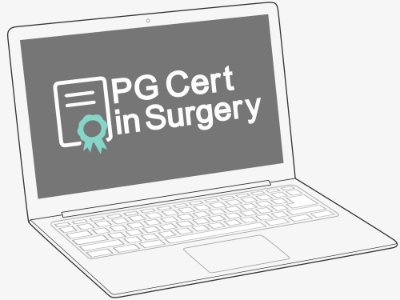 The PGCert in Surgery is a unique online programme that allows you to study at your own pace over 1-2 years.
The PGCert in Surgery is a unique online programme that allows you to study at your own pace over 1-2 years.